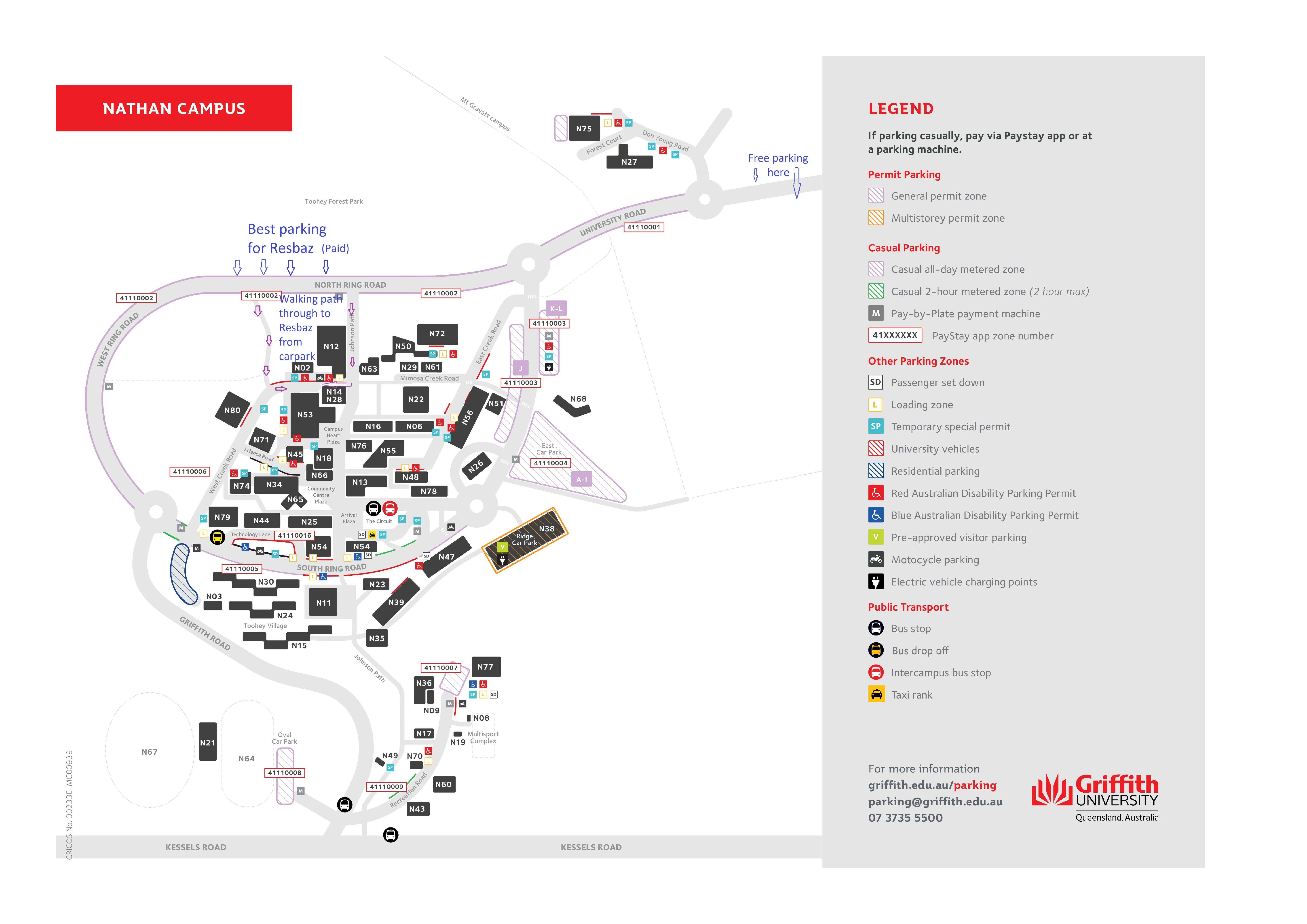Collecting Twitter Data for Comparative Text Analytics
This hands-on workshop will show you how to collect and prepare Twitter data for analysis, using the example research question of “Which monotreme is the coolest?”. Starting from scratch, we will show you how to get Twitter developer API access and then use it to collect research data using the twarc toolkit for Python.
This workshop leads into the Comparative Text Analytics with R workshop, but can be taken on its own.
Participants will need a laptop that they can install Python on, and a Twitter account.
Comparative Text Analytics with R
This workshop will introduce participants to text analytics in R. Starting with some comparative text data, participants will conduct introductory analysis of the content of the text, including breaking text down into words, handling emoji, and comparative frequency analysis.
This workshop follows on from the “Collecting Twitter Data for Comparative Text Analytics” workshop, but can be taken on its own.
Familiarity with R needed
Participants will need a laptop with an internet connection. Examples will be demonstrated in an online R notebook environment.
Topic Modelling with R
Following on from the network analysis workshop, this session will show you how to conduct a topic model analysis of political tweets to understand and interpret the content of a large dataset.
This workshop will use the same dataset as “Network Analysis with R”, but can be taken independently.
Familiarity with R needed
Participants will need a laptop with an internet connection. Examples will be demonstrated in an online R notebook environment.
Intermediate Python Topics: Project Environments and Testing
This workshop will cover two intermediate topics in Python software development for research code:
1. Setting up a project environment for productive collaboration with a team
2. Testing your software
Basic knowledge of Python, Git and using a Command Line. It is expected that participants will have been programming for at least six months, and are starting to run into the limitations of their current workflows.
Laptop with Python and Git installed
Dr. Sam Hames Research Fellow, School of Languages and Culture, University of Queensland,

